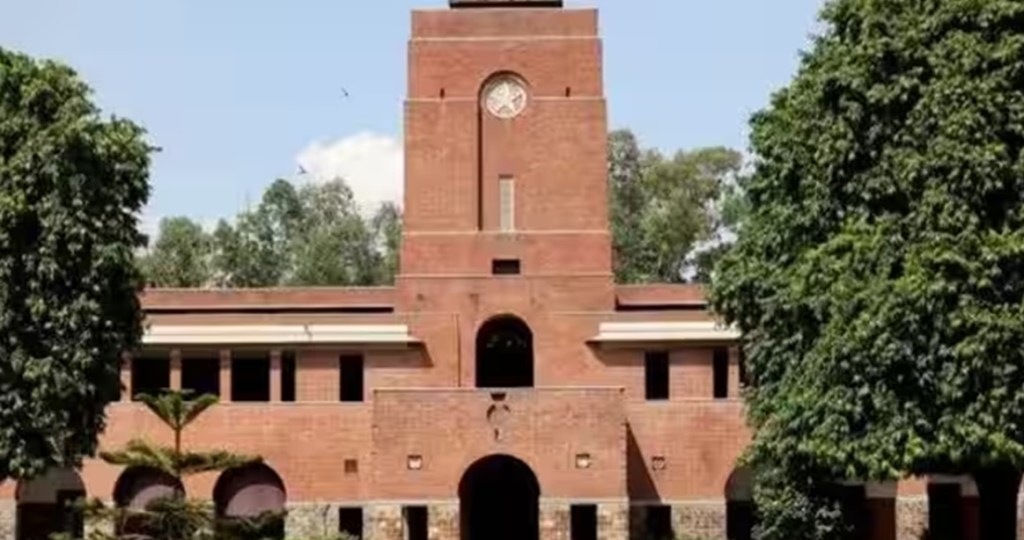Students enrolled in undergraduate and postgraduate programmes at Delhi University now have the option to pursue two academic programmes simultaneously, as approved by the academic council. The decision-making bodies of the university, consisting of the academic council and executive council, played a key role in this approval. However, the resolution regarding twinning degrees and pursuing courses in different institutions was deferred during the same meeting, according to an official statement.
The academic council, in conjunction with the executive council, holds the authority to finalise decisions for the university. In a meeting held on Thursday, the academic council granted initial approval for dual degrees, with the ultimate decision awaiting confirmation from the executive council, the highest governing body of the university. The university has outlined procedures for implementing dual degree programmes, intending to initially permit students to pursue degrees through a combination of regular and distance learning, as per the statement.
Despite the approval, a faction within the academic council expressed opposition to the resolution on dual degrees, raising concerns about potential dilution of degrees and compromised education quality. The university had established a committee in December 2022 to explore the feasibility of a joint degree programme in accordance with the provisions of the National Education Policy 2020, as per the statement.
Former Executive Council member Abha Dev Habib criticised the dual degree concept, labelling it a ‘total farce’ that undermines the value of a full-time degree. Habib emphasised the need for quality education over a surplus of degrees, asserting that the National Education Policy should prioritise genuine education.
Meanwhile, DUTA Executive member Rudrashish Chakraborty highlighted the strain imposed not only on students but also on infrastructure facilities by the dual degree programme. He expressed concerns about the lack of promises regarding infrastructure augmentation.
The 1,016th meeting of the academic council, chaired by Yogesh Singh, vice chancellor, provided detailed information on admissions for the current academic session. Singh shared that a total of 68,583 admissions were made in undergraduate programmes, along with 11,196 in postgraduate programmes and 784 in Ph.D. programmes. Additionally, he noted that 98 orphan students received admission with a full fee waiver under the special reservation scheme, with a total financial support distribution of Rs 1,00,61,057 to 1009 students in the financial year 2022-2023, the statement mentioned.
During the Academic Council meeting, the recommendations from the Standing Committee meeting on November 23 were considered. These included eligibility criteria and admission processes for the four-year Integrated Teacher Education programme (ITEP) and criteria for programmes under CUET (UG) 2024-25 for the academic session 2024-25. Furthermore, eligibility criteria for specific engineering programmes, law programmes, and a Post Graduate Diploma in Cyber Security and Law (PGDCSL) were presented. VC Singh also highlighted the admission of 98 orphan students under the special reservation scheme in the current academic session, distributed across various programmes, it added.
With inputs from ANI.
